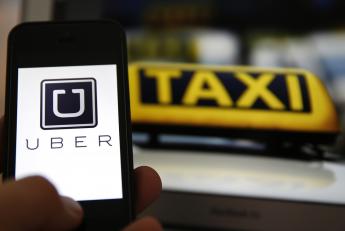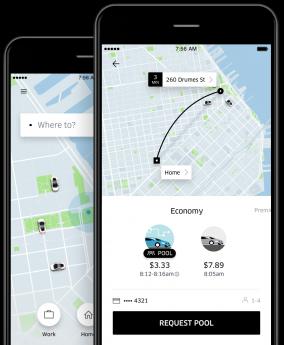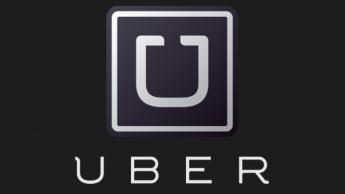Related Topics
Right Angle Club 2017
Dick Palmer and Bill Dorsey died this year. We will miss them.
Uber and 215 Get A Cab

|
| Uber or Taxi |
Uber is a taxicab company which has been around for a year or so but has finally caught on in Philadelphia, exposing some of the more disconcerting facts of taxi medallions. It is rumored to be true that the fees collected for taxi monopolies often contribute half of some city's budgets, although of course, that couldn't be true in Philadelphia. A taxicab company buys a medallion for each cab, indicating a right to operate a cab, and the taxi drivers will tell you their medallions cost several hundred thousand dollars apiece. Most taxi drivers don't own their cabs, so these reports may contain an element of grievance against the actual owners, or the city, or both. At any rate, what is being sold is a monopoly, and the fares they charge customers must recover it. So Uber entered the scene, and the customers have a certain amount of sympathy with them. Uber isn't a taxi owner, it's sort of a cab-summoning system, but to the customer, it's hard to tell a difference. To the city, which is in the medallion-selling, or perhaps monopoly pay-to-play business, it's an important legal distinction, which so far they haven't found a way to throttle. In the long run, of course, an improved and cheaper cab-summoning business will improve the local economy and bring in higher revenue, while in the still longer run, it will throttle the city if they don't keep up with other cities which have a better cab-summoning system. Of course, that didn't bother the maritime unions when they drove away from the ocean-shipping trade, and it doesn't seem to bother the unions which control the Convention Center, or the stagehands who make it expensive to put on shows, operas, and concerts. Or, for that matter, the residents of the city who regularly vote a change of political control, every seventy years.

|
| Uber App |
The Uber drivers explain that they own their cabs, and must keep them fresh and clean according to Uber standards. Each cab has a portable internet connection, with an Uber software package for which the drivers probably pay a fee, but the "app" is free to the customers. When you tell the program where you are and where you want to go, the central office uses GTF to locate and assign your trip to the nearest Uber driver cruising in your neighborhood, whose location is also tracked by GTF. The result is a binging sound in the cab, and a picture of the cab on a map in the customer's "app", together with a button to push to connect the customer's phone to the driver. So the driver, cruising nearby with another customer, can immediately shift to the cab-requester in about five minutes. You can tell him what color overcoat you are wearing, and how to negotiate the lane you live on, beware of the dog. In about five minutes you can watch on your portable computer-- while his cab negotiates the turns to pick you up, which he does, and zips you off to where you want to go. The company already has your credit card, so you just get off, and the driver zips away on another call that came in while you were traveling. The driver is often a lady, which fearful lady customers like to see; the lady driver is often a mother who likes to choose her own hours to work, while there is someone at home to watch the kids.

|
| Uber Logo |
There are some features which might be called disadvantages. The driver is unable to call the dispatcher, so there is no way to notify the dispatcher there is construction at your pick-up point, or it's a blind alley to be avoided if you didn't know the landmarks, yourself. That means the driver doesn't wait very long if you are not where he thought you were, and although you can watch him drive away on the internet screen, he's off on another call while you stand in the rain. And the price of the ride is apparently a continuous auction, so you can watch it go from $13 to $5 and then back to $10; the truth is most people don't know what they were charged until they see the credit card invoice.
The competition has apparently stimulated the local cab monopoly to produce an imitation app, called 215 Get a Cab, for the medallion folks. I haven't tried it yet, but it's heartening to see the effect of competition on an otherwise closed system with political overtones. The last cabby I engaged proudly showed me there were eight cabs within two blocks of where I stood to shiver, vainly tooting on my taxi whistle. So, even the medallion taxis are better off for Uber with its destructive innovation. So far.
Originally published: Sunday, March 19, 2017; most-recently modified: Friday, June 07, 2019